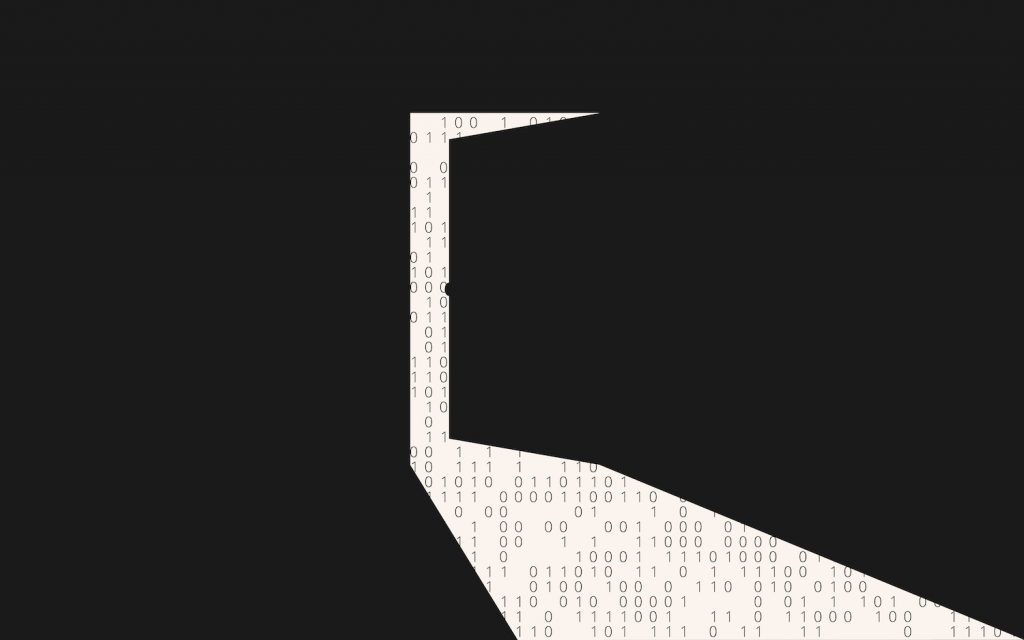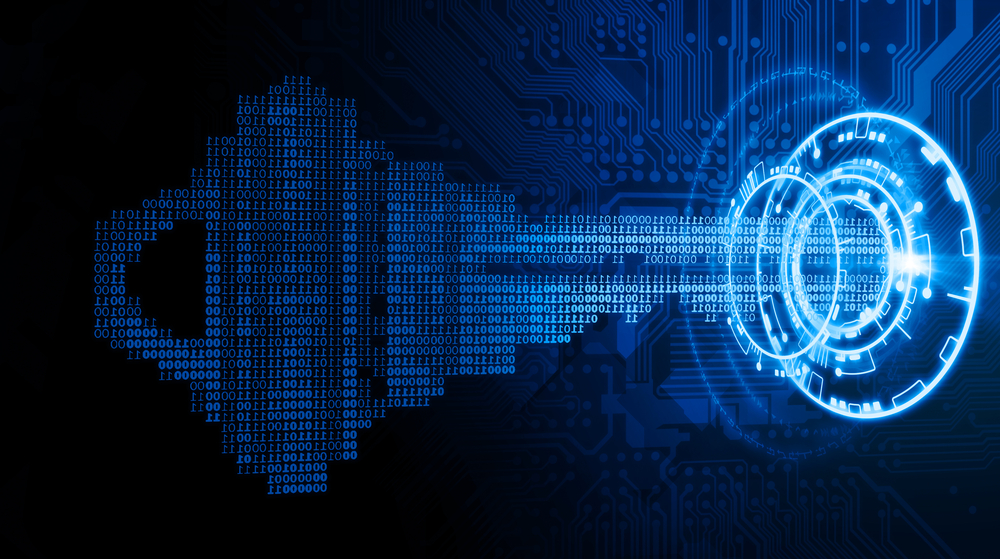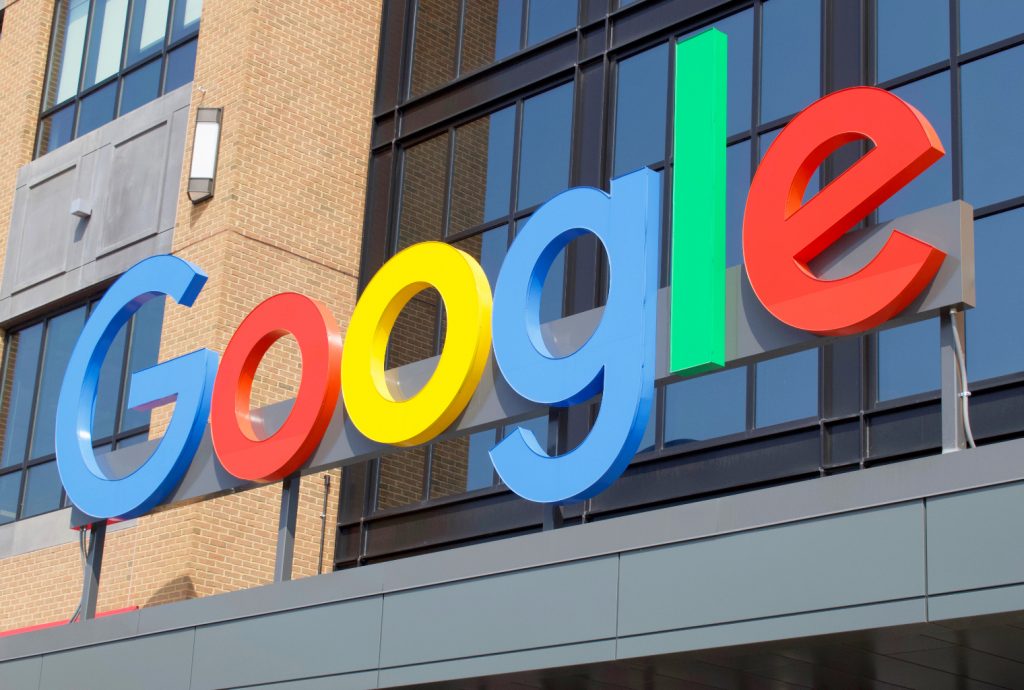[ad_1]

In April 2019, the UK issued an On-line Harms White Paper to announce its marketing campaign to rein in “dangerous speech” on social media websites comparable to Fb and TikTok. The general public session interval has ended and a full session response is anticipated in Spring 2020. (Preliminary Session Response right here.) Laws to criminalize freedom of speech will observe rapidly.
Additionally learn: Cryptocurrency Is Agorism in Motion
The Loss of life of Free Speech
“The UK has grow to be the primary Western nation to maneuver forward with large-scale censorship of the web … Boris Johnson has unveiled guidelines that may punish web corporations with fines, and even imprisonment, in the event that they fail to guard customers from “dangerous and unlawful content material.” Couched in language that implies that is being accomplished to guard kids from pedophiles and susceptible folks from cyberbullying, the proposals will place a large burden on small corporations. Additional, they may finally make it not possible for these not of the pervasive politically right ideology to supply and share content material.” —Mark Angelides, “Britain permits the web to be censored, a warning for the U.S.”
The invoice’s precise language shouldn’t be identified, however its thrust is evident. Web corporations with user-generated content material might want to implement anti-harm guidelines to be able to keep away from fines, imprisonment, or their websites being blocked. Dwelling Secretary Priti Patel defined, “It’s incumbent on tech corporations to steadiness problems with privateness and technological advances with youngster safety.”
The primary goal of assault is end-to-end encrypted (E2EE) messages that may be learn solely by a sender and a recipient by utilizing distinctive cryptographic keys as decoders. Third events can not entry the content material. E2EE is the simplest privateness instrument that’s each simple to make use of and out there to everybody, usually without cost. To adjust to UK regulation, nevertheless, corporations might want to eschew encryption or to put in “backdoors”—portals that enable somebody to enter a system in an undetected method.

Angelides’s warning to the U.S. is well timed as a result of Congress is contemplating an identical measure: the EARN It Act. Once more, the Act’s justification is to guard kids and to thwart evil-doers. In any case, who else wants encryption? In keeping with the United Nations, everybody.
Encryption Is a Human Proper
In 2015, the UN issued a report on encryption and anonymity within the context of human rights. The report discovered encryption to be key to the proper of privateness. In flip, privateness enabled freedom of speech by means of which individuals might discover “primary facets of their id,” together with faith and sexuality. The report’s writer David Kaye cautioned in opposition to utilizing backdoors due to the “unprecedented capability” of authorities, corporations, criminals, and the malicious to assault folks’s capacity to share data safely. Kaye acknowledged the alleged want of regulation enforcement to learn encrypted messages however on a “case-by-case” foundation reasonably than blanket strategy.
This a long-held place for the UN. In 2016, Zeid Ra’advert Al Hussein, UN Excessive Commissioner for Human Rights, revealed a warning entitled “Apple-FBI case might have critical international ramifications for human rights.” Zeid cautioned:
Encryption instruments are broadly used all over the world, together with by human rights defenders, civil society, journalists, whistle-blowers and political dissidents going through persecution and harassment… Encryption and anonymity are wanted as enablers of each freedom of expression and opinion, and the proper to privateness. It’s neither fanciful nor an exaggeration to say that, with out encryption instruments, lives could also be endangered. Within the worst circumstances, a Authorities’s capacity to interrupt into its residents’ telephones might result in the persecution of people who’re merely exercising their elementary human rights.
Amnesty Worldwide agrees. A 2016 article, “Encryption: A Matter of Human Rights,” argued, “Forcing corporations to supply ‘backdoors’ to the encryption deployed … constitutes a major interference with customers’ rights to privateness and freedom of expression. Provided that such measures indiscriminately have an effect on all customers’ on-line privateness by undermining the safety of their digital communications and personal knowledge, Amnesty Worldwide believes they’re inherently disproportionate, and thus impermissible beneath worldwide human rights regulation.”
Why, then, are states speeding to crack open encryption? As a result of data is energy. It’s a prerequisite to demanding cash and imposing social management. For many years, surveillance functioned from the shadows however now it overtly calls for entry to folks’s ideas and lives. Who else however evil-doers would say “no?”

The EARN It Act
U.S. Lawyer Normal William Barr has been loud in his demand that regulation enforcement be capable to entry encrypted communications—normally by means of a backdoor. Barr desires this entry even when there is no such thing as a cybersecurity danger or alleged crime. He might quickly get what he desires so badly.
The EARN It Act—Eliminating Abusive and Rampant Negligent of Interactive Applied sciences Act—would set up “a Nationwide Fee on On-line Youngster Exploitation Prevention” to be headed by Barr, who has the authority to overrule it to grow to be a one-man energy. In addition to “youngster exploitation prevention,” the Act asserts a obscure mandate —“and for different functions.” It is a clean verify, with solely the elimination of election misinformation being particularly talked about. Republican Lindsey Graham and Democratic Richard Blumenthal are pushing the measure within the Senate on a bipartisan foundation.
The draft invoice doesn’t point out encryption, but it surely requires tech corporations to help regulation enforcement in figuring out, reporting, and eradicating or preserving proof about youngster exploitation … and “for different functions.” E2EE would make it not possible for these corporations to supply such help.
The EARN It Act would de facto prohibit the E2EE provided by companies comparable to WhatsApp; it might quick circuit Fb’s plans to encrypt its messaging apps; corporations like Apple could be in authorized jeopardy in the event that they refused to insert backdoors of their software program and units.

Setting a Harmful Authorized Precedent
Authorized jeopardy is the Act’s enforcement mechanism. A non-compliant tech firm would lose Part 230 immunity in each civil and felony courts for youngster exploitation and for as-yet-unspecified offenses that happen on its website or over its platform. The free-speech champion Digital Frontier Basis (EFF) defined the importance of Part 230 of the Communications Decency Act; it’s “an important regulation defending free speech on-line.” The safety relies on distinguishing between a platform and a writer. Part 230 states, “No supplier or consumer of an interactive pc service [platform] shall be handled because the writer or speaker of any data offered by one other data content material supplier.”
A platform supplies companies, instruments, and merchandise with which customers create their very own content material; it bears no extra obligation for this content material than a cellphone firm does for the conversations that move over it. Against this, a writer edits or in any other case controls content material, which makes it legally liable.
EFF continued, “Part 230 enforces the commonsense precept that for those who say one thing unlawful on-line, you ought to be the one held accountable, not the web site or platform the place you stated it (with some essential exceptions) … With out it, social media as we all know it at this time wouldn’t exist … And it doesn’t simply defend tech platforms both: for those who’ve ever forwarded an e mail, thank Part 230 that you would try this with out inviting authorized danger on your self.”
EARN It not solely strips immunity from non-compliant corporations, it additionally weakens the usual by which they are often sued. It’s now obligatory for a plaintiff to show that an organization knew an offense was occurring to be able to sue; EARN It might require a plaintiff solely to point out that the corporate acted “recklessly.” In a keynote tackle on the 2019 Worldwide Convention on Cyber Safety, A.G. Barr outlined E2EE as inherently irresponsible. “The prices of irresponsible encryption that blocks respectable regulation enforcement entry is finally measured in a mounting variety of victims — males, girls, and youngsters who’re the victims of crimes — crimes that might have been prevented if regulation enforcement had been given lawful entry to encrypted proof.” To Barr, the mere presence of backdoor-free E2EE constitutes recklessness.
The targets of EARN It appear to be the web giants which have aroused bipartisan rage. At a current Senate Judiciary Committee listening to entitled “Encryption and Lawful Entry: Evaluating Advantages and Dangers to Public Security and Privateness,” Apple and Fb have been attacked for utilizing warrant-proof encryption that prevented authorities from investigating “terrorism, organized crime and youngster sexual exploitation.” Web giants won’t be the principle victims of EARN It, nevertheless.
EFF defined, “Undermining Part 230 does much more to harm new startups than to harm Fb and Google. 2018’s poorly-named Permit States and Victims to Struggle On-line Intercourse Trafficking Act (FOSTA)—the one main change to Part 230 because it handed in 1996—was endorsed by almost each main Web firm. One consequence of FOSTA was the closure of quite a lot of on-line relationship companies, a distinct segment that Fb set about filling simply weeks after the regulation handed.” The authorized must display or filter content material positioned smaller corporations at a aggressive drawback with the likes of Google.

Conclusion
Sadly, an ongoing backlash in opposition to Massive Tech might propel EARN It by means of Congress. Furthermore, Congress undoubtedly desires to have higher management over social media earlier than the 2020 elections. The EARN It Act will arrive with a cry of “Save our youngsters!” However its impression can be to stifle freedom of speech throughout the spectrum, to hobble small companies, and to make all customers extra susceptible to criminals, together with brokers of the state.
Op-ed disclaimer: That is an Op-ed article. The opinions expressed on this article are the writer’s personal. Bitcoin.com shouldn’t be chargeable for or responsible for any content material, accuracy or high quality throughout the Op-ed article. Readers ought to do their very own due diligence earlier than taking any actions associated to the content material. Bitcoin.com shouldn’t be accountable, immediately or not directly, for any harm or loss brought on or alleged to be brought on by or in reference to the usage of or reliance on any data on this Op-ed article.
Photos courtesy of Shutterstock.
Do you know you’ll be able to confirm any unconfirmed Bitcoin transaction with our Bitcoin Block Explorer instrument? Merely full a Bitcoin tackle search to view it on the blockchain. Plus, go to our Bitcoin Charts to see what’s taking place within the trade.
[ad_2]
Source link

